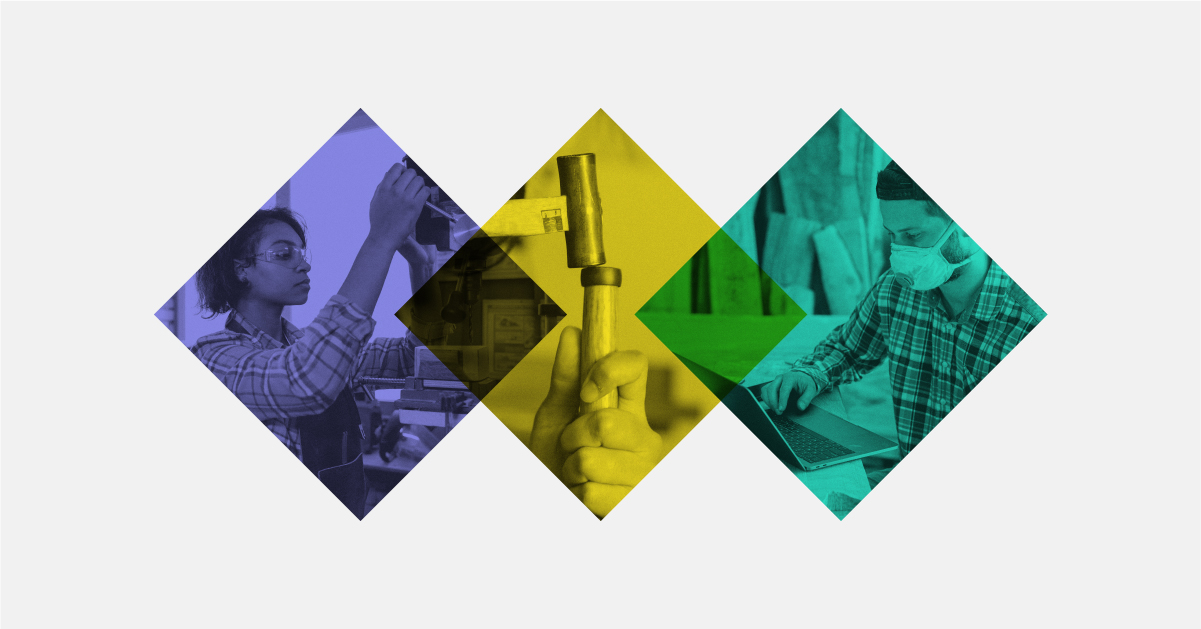On Thursday, March 21st, CICan’s President and CEO, Pari Johnston, appeared before the House of Commons Standing Committee on Science and Research regarding the distribution of federal research funds among Canadian post-secondary institutions.
Pari delivered a compelling testimony on enhancing the impact of college and institute applied research. She underscored the importance of investing in a reimagined approach to college applied study, noting its unique attributes, including a focus on industry partnerships, local relevance, and capacity to enhance productivity, and emphasized three key points:
- We must reimagine the role of colleges and institutes in the broader research and innovation ecosystem. Despite our demonstrated and unique expertise in driving impact, particularly in translating research into innovation, colleges and institutes are greatly under-supported (receiving only 2.9% of federal research funds) and could be doing much more if Canada stepped up and funded colleges like equal research partners.
- Colleges and institutes are well-positioned to address our country’s major policy challenges, like housing and climate adaptation. To leverage this potential, the government should adopt a challenge-driven research approach that is inclusive of all players—including and especially the college sector—and provides scaled investments.
- The Committee should conduct a study to identify barriers hindering colleges and institutes’ expanded involvement in Canada’s research and innovation ecosystem and the potential benefits of their reimagined role for the benefit of Canadians.
Watch the video recording of her testimony:










